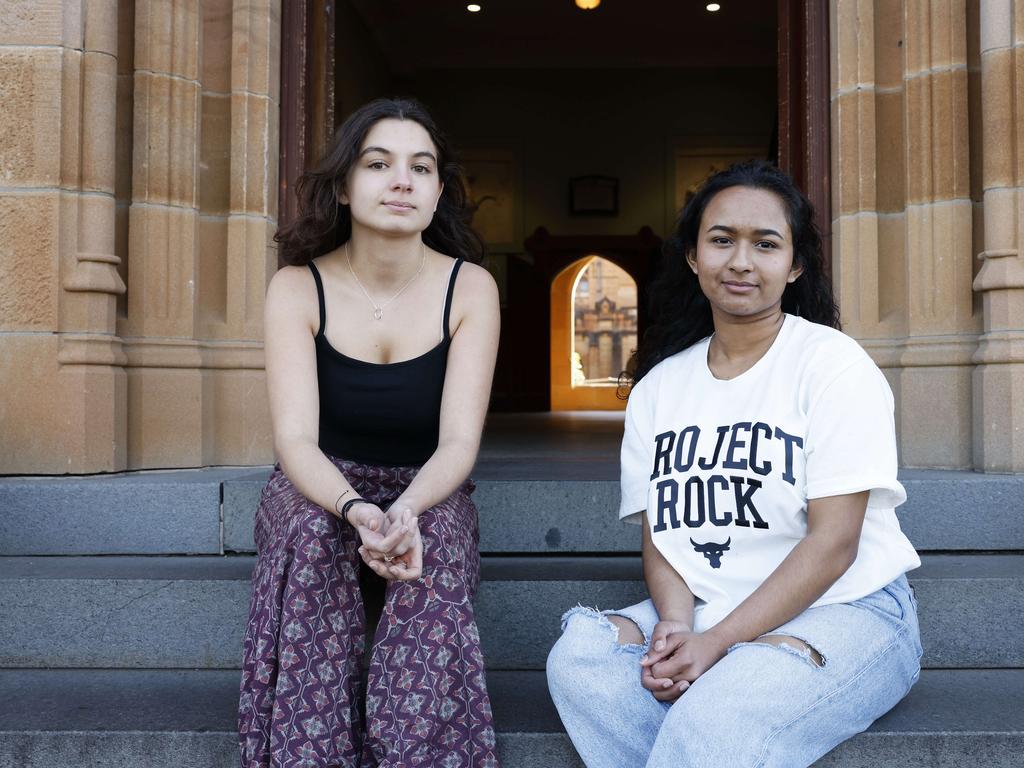Wealth more evenly spread since Covid, says Productivity Commission
Wealth inequality in Australia has reduced since before the Covid-19 pandemic as poorer Australians who received temporarily higher government support payments managed to bank some savings or reduce their debts.

Wealth inequality in Australia has reduced since before the Covid-19 pandemic as poorer Australians who received temporarily higher government support payments managed to bank some savings or reduce their debts.
While income inequality ebbed and flowed as a result of the introduction then withdrawal of boosted Covid payments to JobSeeker and Youth Allowance recipients, there was a lingering positive impact on wealth inequality, according to research by the Productivity Commission.
In a new report titled A Snapshot of Inequality in Australia, the commission also says house price changes contributed to reduced wealth inequality as price growth was relatively higher in areas with lower prices, such as the regions or smaller capital cities.
And the post-Covid economic recovery and resultant tight labour market was beneficial in terms of employment for a number of Australians previously locked out of the workforce, the report finds.
Productivity Commissioner Catherine de Fontenay said the first part of the Covid period “saw an unprecedented decline in income inequality”.
“The incomes of lower-income households grew rapidly in relative terms in the early stages of the pandemic due to the massive increase in support payments from the government.
“(But) income inequality increased later in the pandemic period as the economy recovered and government support was phased out.”
The paper notes that the post-pandemic recovery did offer some benefit to the unemployed.
“This tight job market meant that more people were able to find work, including some workers who had been unemployed for long periods of time and some who had earlier left the labour force,” it states.
Ms de Fontenay said by contrast to income inequality, wealth inequality fell across the pandemic period. The data shows that wealth increased for all deciles between 2018-19 and 2022-23.
“Some lower-income Australians were able to save or reduce debt due to early government support,” she said. “And although house prices soared during the pandemic period, the strongest price increases were in regional areas where house prices are lower. This all had the effect of reducing wealth inequality.”
The paper notes that economic inequality has the potential to stifle broader economic growth, harm social cohesion and create intergenerational poverty.

“Inequality can lead to uneven access to social opportunities and services such as health and education, and can waste human capital potential and increase vulnerabilities to economic shocks and the resources needed to recover from these. It also can reduce social justice and adversely perpetuate narrowly focused institutional arrangements and decision-making processes.”
But the paper says that for some it may also be the result of wellbeing choices, such as choosing less well paid jobs or one with fewer hours to enhance wellbeing.
Welfare groups including the Australian Council for Social Service have been pressuring the Albanese government to increase JobSeeker and Youth Allowance to 90 per cent of the age pension.
The call has been backed by some of Australia’s leading economists such as Chris Richardson, Roger Wilkins and Jeff Borland who say the current payment level “entrenches disadvantage”.
A recent ACOSS/University of NSW study found the richest 10 per cent of Australians own 44 per cent of the country’s total wealth.
The Productivity Commission report also looks at inequality across demographic groups including age and gender, finding older Australians might be income poor, but tend to have other wealth resources to draw upon.







To join the conversation, please log in. Don't have an account? Register
Join the conversation, you are commenting as Logout